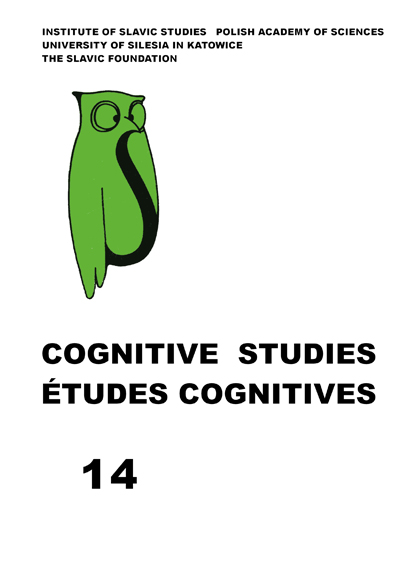The Need for an Electronic Multilingual Dictionary
The Need for an Electronic Multilingual Dictionary
Author(s): Anna Kisiel, Joanna Satoła-Staśkowiak, Wojciech Paweł SosnowskiSubject(s): Language and Literature Studies, Library and Information Science, Electronic information storage and retrieval, Theoretical Linguistics, Lexis, Semantics
Published by: Instytut Slawistyki Polskiej Akademii Nauk
Keywords: lexicography; multilingual dictionaries; interlingual equivalence; multiple meanings
Summary/Abstract: The paper analyses the issue of providing adequate equivalents in multilingual dictionaries. If equivalents are adequate, it means that: (1) the scope of meaning of one item is identical to its equivalent (cf. drive: drive a nail vs. drive a car); and (2) the collocations of the equivalents overlap. Two significant problems arise when searching for adequate equivalents: the lack of equivalents whose meanings are identical (narrower/wider meanings, partial overlap of meanings, more than equally good equivalent), and equivalents with homographs in a given language. Because such issues are difficult to resolve in a printed dictionary, we put forward some methods of addressing the problems in an electronic dictionary. The paper offers an example entry from such a dictionary, which presents a suggestion of a layout. We also took into consideration the potential problems which may appear if the entry is presented in this manner: first, one must set a limit for the description (a defined number of lexical units); second, one must avoid circularity, but at the same time also strive for an exhaustive description. Electronic dictionaries offer greater possibilities of presenting modern vocabulary and adding new classifiers (e.g. a classifier of politeness).
Journal: Cognitive Studies | Études cognitives
- Issue Year: 2014
- Issue No: 14
- Page Range: 55-64
- Page Count: 10
- Language: English

